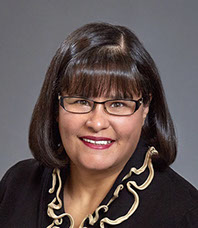et’s have a candid conversation. Mental health is a growing concern in our country. Each of us knows someone in our inner circle that has been affected by a mental health condition. It could be a loved one or a friend, maybe it’s a neighbor, a student, the parent of a student, a church member, or perhaps a co-worker. You may be touched by it yourself.
One of the leading mental health conditions that is affecting our children is anxiety. Anxiety can affect a person’s sleep, concentration, and the ability to function can be challenging. Everyone experiences some sort of fear and anxiety, and a certain amount of anxiety is normal. However, someone who worries constantly about certain situations or is excessively afraid of certain outcomes may have generalized anxiety disorder (GAD).
Children with GAD worry about things that most other children worry about, for example, homework, test, friends, etc. But with GAD children worry more about these things and the worry can limit them significantly. Having GAD makes it very difficult for children to focus and concentrate at school. GAD also causes children not to be able to enjoy life to its fullest because they have a hard time relaxing and having fun.
Anxiety disorders can be diagnosed and treated by a trained therapist. The best results accompany early diagnosis and treatment. Teachers can assist in this process by noting concerning behaviors in the classroom and, when appropriate, sharing their concerns with an administrator and the child’s parents. However, educators should remember that they should never attempt to diagnosis a child’s condition. The challenges are ever present, but as we continue the conversation on Mental Health, we can become better observers and more effective advocates for our students’ well-being.
Let’s Talk about GAD!
challenge
L
Evelyn Sullivan, M.Ed.
Director, Early Childhood Education,
North American Division

Spring 2020